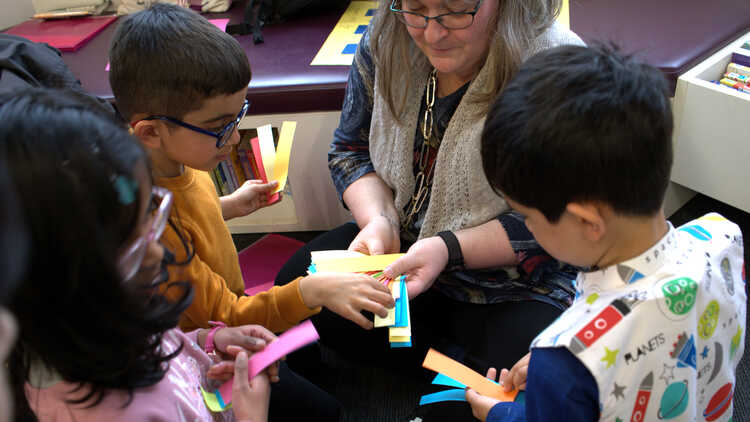Today is the national World Book Day, and the University of Sheffield has launched an initiative to celebrate the importance of multilingual reading.
The “Rivers of Reading” initiative aims to inspire children to understand the personal value of reading and encourages a diverse reading environment for all, including multilingual children.
Dr Sabine Little, senior lecturer and director of education at the University of Sheffield found that multilingual children are more likely to read for pleasure and have far more complex reasons to declare reading important.
She said: “What we are learning from multilingual children is that they are thinking about their reading from a very complex viewpoint.”
“They think of reading as representing a whole variety of things – such as access to a hobby, access to different groups of people, memories of places and family members, and also a sense of achievement.”
Dr Little believes that multilingual children can offer valuable insights into fostering a love of reading.
By understanding their experiences, all children can be encouraged to develop a passion for reading and enjoy its benefits.

Image credit: University of Sheffield
“River Reading” provides guidance for schools, libraries, and families to support children in tracking their reading progress in any language, encouraging them to reflect on which books have had the greatest impact on their lives and why these readings are meaningful to them.
Whilst Manahil, University of Sheffield third year student said: “I love these kinds of days because I can share the language that I speak at home, and learn about other people’s language.”
Dr. Little has contributed to several projects in Sheffield that celebrate the city’s rich multicultural and multilingual heritage, aiming to highlight its diverse cultural background.
She said: “Sheffield has a rich history of migration, and, as a global city with a global outlook, we need to show children and young people that their languages matter.”
“Normalising and facilitating multilingualism across the city, including in public spaces like schools and libraries, enables people to connect better across different cultures, which is important in today’s global world.”

